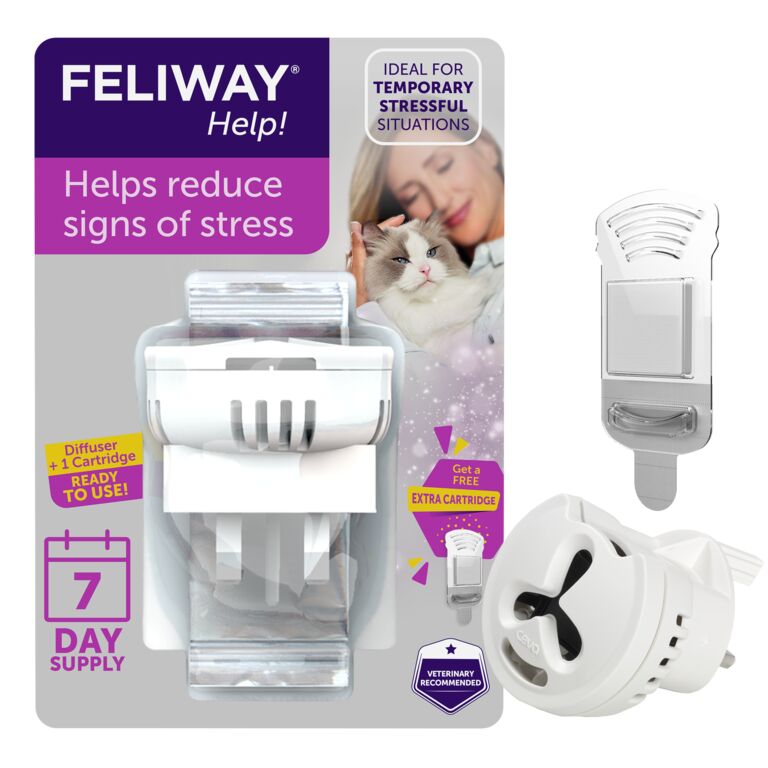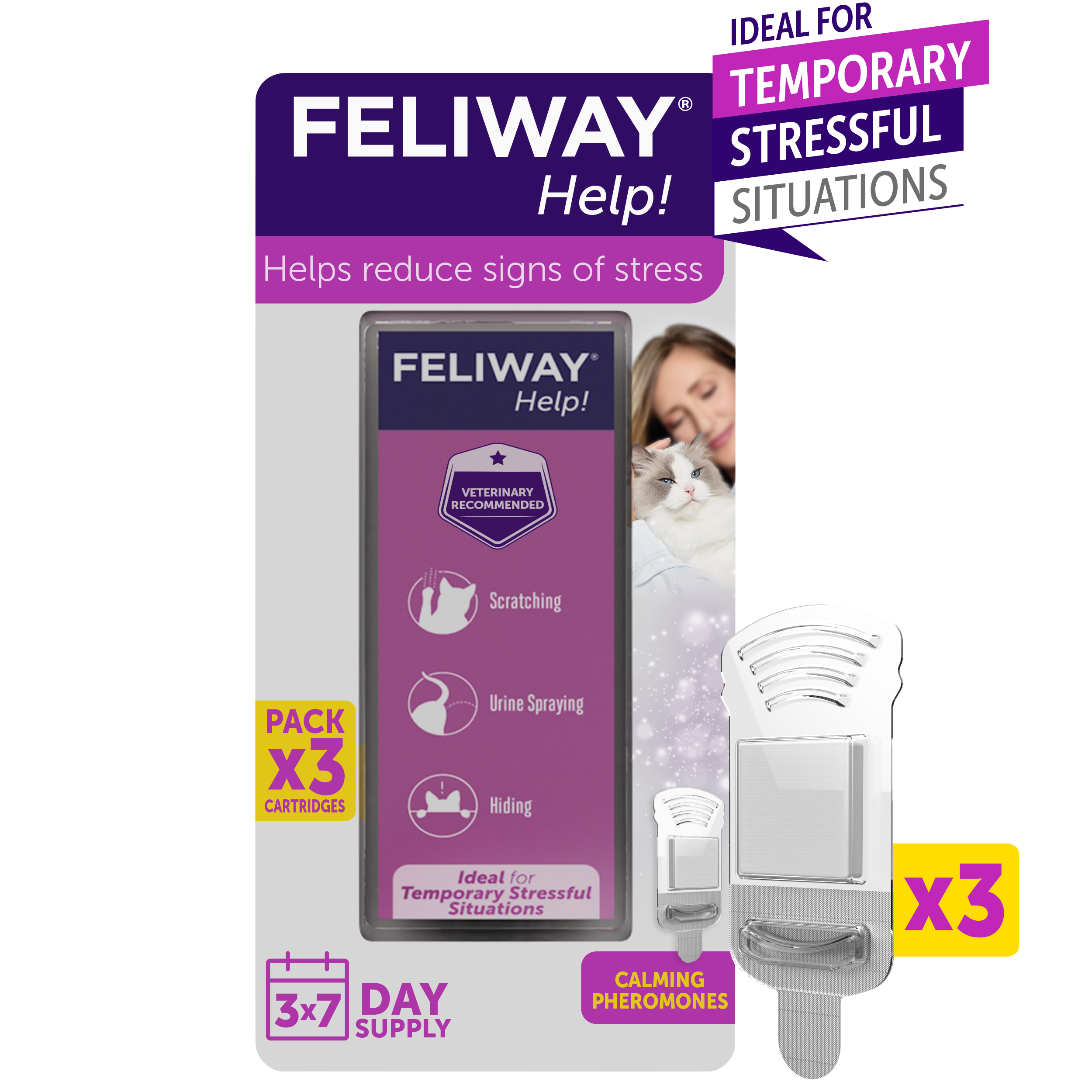We all look forward to our weekends when we have the opportunity to catch up on chores or, even better, take a weekend break away.
But although the prospect of going away for a few days is exciting, your cat may find the change in routine a challenge. But it is not always possible to take your cat with you.
With your trip on the horizon, you know your furry friend will miss you, so it's time to prepare your kitty to cope while you are away, and be as happy and comfortable as possible.
8 tips to help your kitty cope with weekend breaks
We often think of cats as independent when they strut around as if they rule the house ‚ - but don't be fooled, they also know that you are there for them and that you make sure all their needs are met.
So if you're planning a weekend break, these tips will help your kitty cope, and make sure they have all the right resources while you are away:
1. Create a consistent environment
Cats like routine and can be averse to change, so it's important that you maintain their status quo as much as possible when you are away.
If you are only going to be away for a couple of days, your cat may be fine as long as you have left plenty of food and water and other resources available for them.
Make sure they still have access to their normal spots in the house, for example, if they like to have a daily catnap on your bed, leave the door open so they can still have access.
Keep a watchful eye for any signs that your cat is not comfortable with a situation, they may detect that something is afoot! Common signs are urine marking, scratching and hiding.
FELIWAY Help! provides calming feline pheromones over a 7 day period and is a great option to support cats during temporary stressful situations, such as you going away for a weekend break. Simply plug in 2 days before you are going away in the room where your cat will spend most of their time.
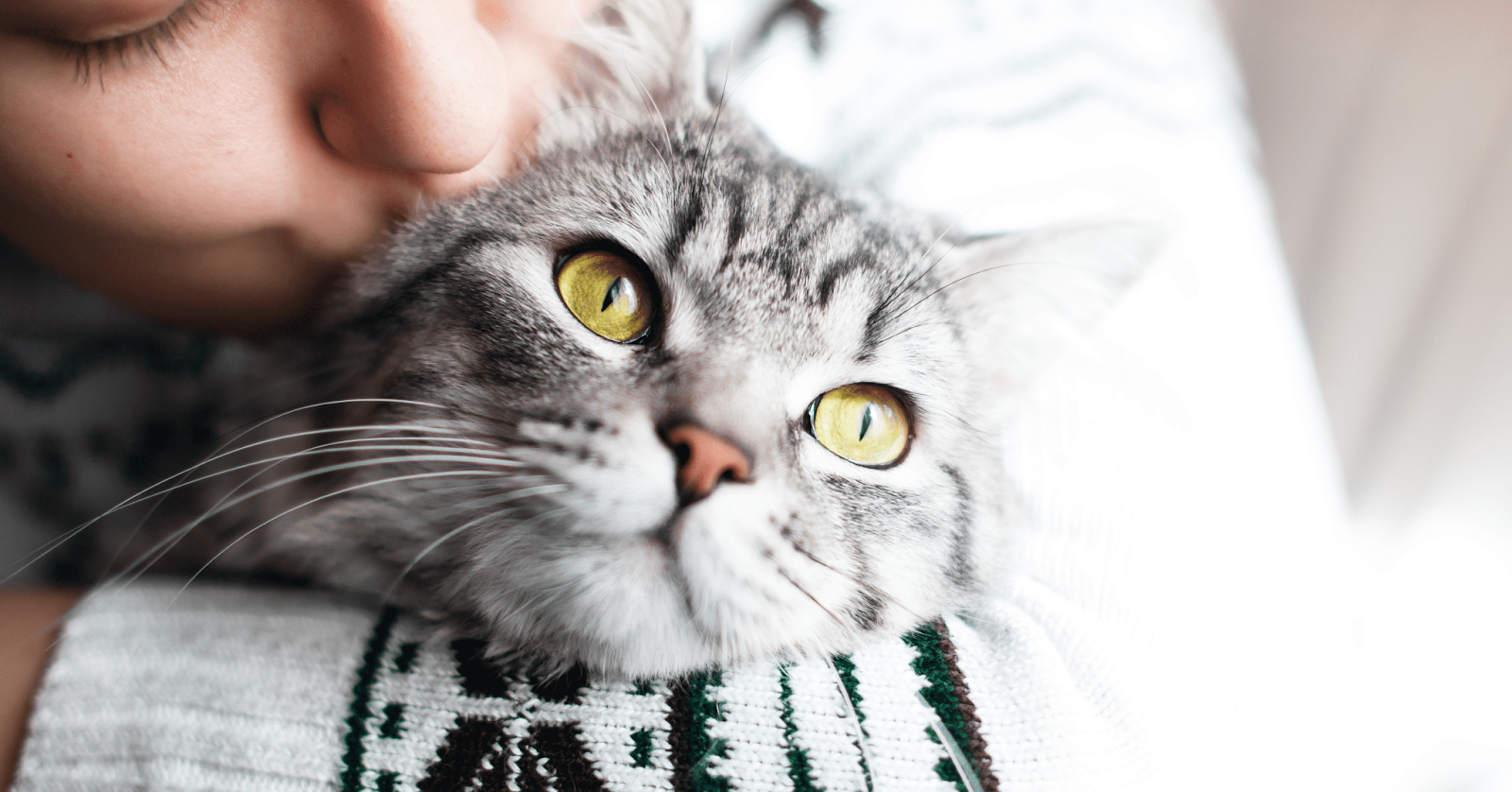
2. Give your kitty a health check
A few days before your weekend break, check your cat over to make sure there are no signs of injury, or illness, that may cause them to be poorly while you are away.
Let neighbours know that you will be away and leave your contact details with them in case they spot something untoward with your kitty.
Make sure your cat's microchip is up to date with your mobile number in case you need to be contacted.
3. Preparing to go away
Playtime and mental stimulation is important for your cat, and you should try to make sure this continues while your cat is home alone.
Consider an activity feeder to keep them occupied, but try it out for a few days before you leave to make sure they know how to interact with it and obtain their treat. You can, of course, mix it up a bit with some treats and some of their daily kibble.
Leave their favourite toys for them to play with, but check them out to make sure they have no small bits that are likely to break off.
Bring out your suitcase/overnight bag a week in advance so that your cat gets used to it.
Try to keep your preparation calm and avoid any last minute packing panics, as this will unsettle your kitty.
4. Make sure your cat will be safe, and all their resources are accessible.
Leave enough food for the duration of your weekend away. If you are using an automated food dispenser, make sure your cat is used to using it before you leave.
Similarly, if you are using an automated water fountain (we know cats prefer to drink from running water), check that the reservoir is full enough for your time away and that it is working efficiently. You may consider leaving additional bowls of water in different locations to ensure they have constant access to water.
Close the doors to rooms you do not want them to access, but also make sure that they still have access to their favourite spots/rooms. You may want to use a door stopper to ensure the door doesn't close accidentally and entrap your cat, this could lead to untold damage to the room but, importantly, it could scare your cat if they have no exit.
Tidy away any wires that may be tempting for your cat to try and play with or chew. These can be a risk as your cat might get tangled up in them.
Check on the weather and make sure your cat has access to a warm, cosy space if it is winter, or a cool, shady spot in the summer months.
For your peace of mind, consider installing a cat camera in your home, so you can see what your cat is up to and you can see if anything is going wrong.
Is your cat a music lover? Leaving a radio on while you are away may give them some comfort until you return. Research has shown that cats' stress levels are reduced when relaxing music is being played.

5. Consider a cat sitter
A cat sitter is a good idea if you are going to be away for more than a couple of days.
Ask them to come and meet your cat as many times as possible before you leave and give them time to get to know each other. However, don't force their encounter, let your cat greet the sitter on their terms and make sure they have your cat's favourite treats to hand!
Make sure the sitter knows the cat's routine, their likes and dislikes, their favourite toys and games, and when they like to be left alone.
Give your sitter the inside story on any quirky habits your cat may have, like winking and encourage them to wink back!
They should also be aware of any medication your cat is taking and have contact details of your vet in case of emergency.
Make sure they have your contact details, they may want to send you photos of how your cat is enjoying themselves.
6. Consider a cattery
A cattery is a good option if you are unable to get a cat sitter. A short weekend break in a cattery may also be useful to prepare your cat for the occasion when you are away for longer periods of time.
Visit the cattery and check that it is licensed, that they have safety measures in place, and take a look at their pens to make sure your cat will feel comfortable when there. Do they have places for cats to scratch and hide, are other cats visible (this can be stressful for your cat) and how do they provide their food and water?
Some catteries will encourage you to take in your cat's favourite blanket/bed to give them comfort while you are away.
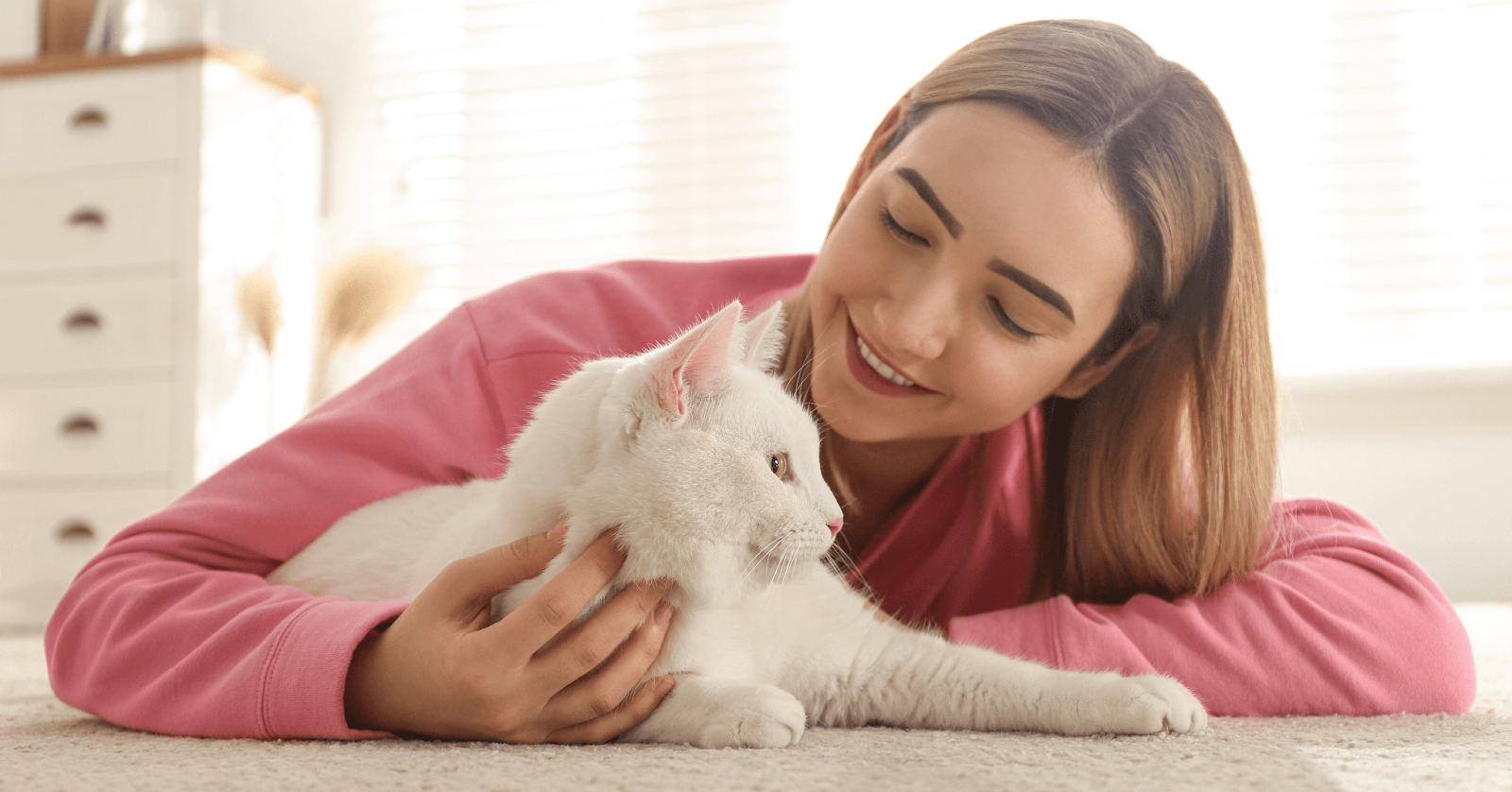
7. Should I just bring my kitty with me?
Consider this carefully before deciding to travel with your cat. If you are going to stay with friends or relatives, it may be that your cat has visited them before and knows the surroundings. But, as cat's don't like change, you may unsettle them if they are taken out of their normal home environment and they may just prefer to stay at home alone!
If you are going to a pet friendly hotel, always check with the hotel what provisions they have in place for your cat.
When you are in the hotel room, make sure that all escape routes are blocked and that room service are aware, so that they do not enter the room inadvertently and let your cat out.
You can also use FELIWAY Help! In your hotel room, by following these steps :
Plug FELIWAY Help! where you can leave the cat carrier for a while and close to a plug that can be dedicated to FELIWAY Help! (not in a corridor, not an electrical outlet you need to use for something else‚ so you don't need to unplug the diffuser).
Leave my cat in their cat carrier close to the diffuser for 15 min, as the diffuser starts to release the calming pheromones. Give time to my cat to acclimatise to the new environment.
Then you open the door of their cat carrier and allow my cat to go out or stay in it. This area can become its comforting and safe area while I am away from home.
Get them used to their cat carrier well in advance of travel so that they will be comfortable during their journey.
Whether travelling by car, train or plane, make sure your cat is fit, healthy and able to cope with the stress of travelling. If your kitty is sick or has any underlying health concerns, be aware that travelling may make them worse.
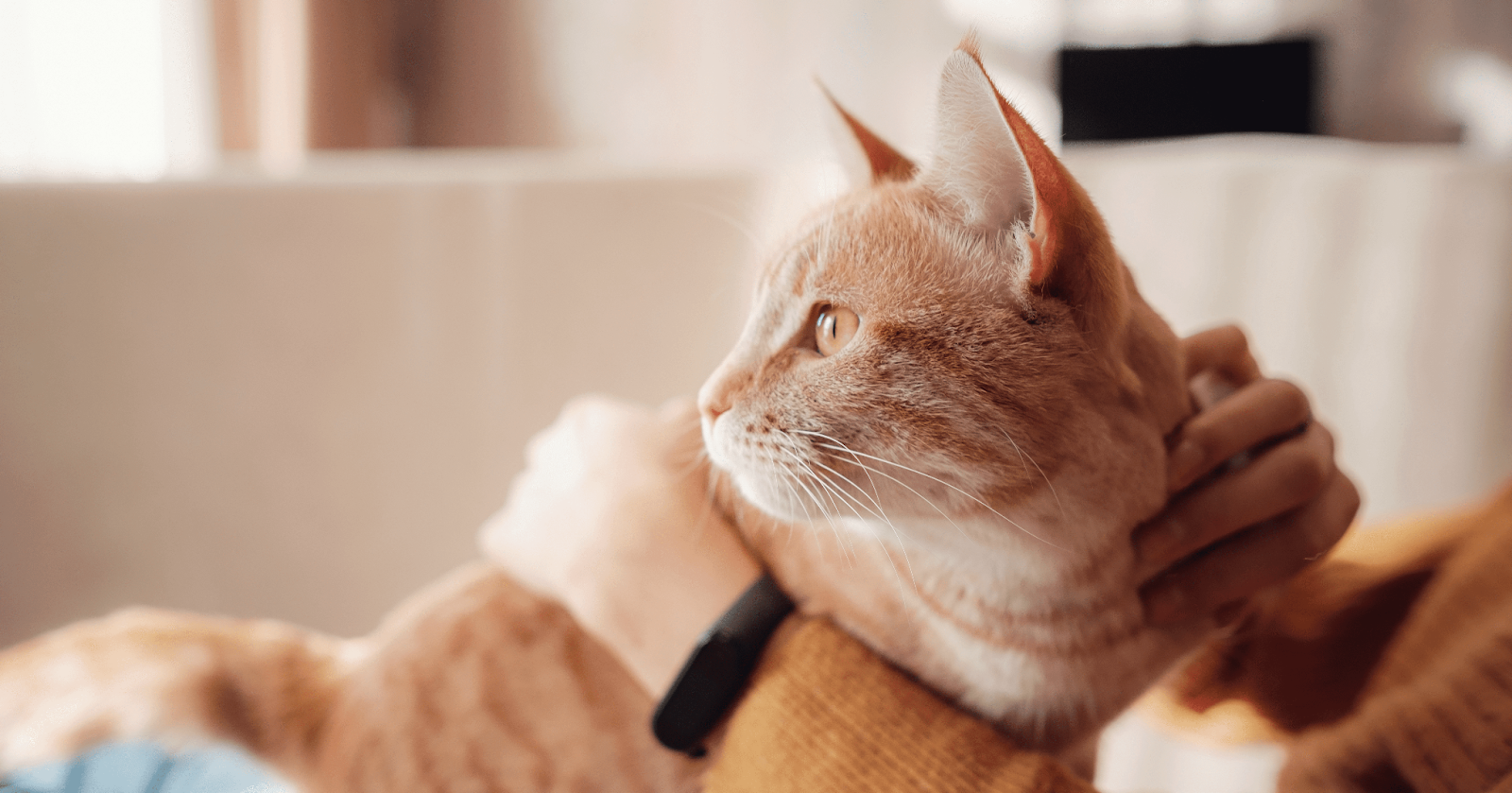
8. How long can I leave my cat alone?
This very much depends on the age of your cat. A newly adopted kitten should never be left alone for long, but when they are adult cats and have become more independent, you can leave them alone for 24-48 hours without supervision.
A short weekend break should not impact your cat's routine too much, as long as they have everything they need‚ and you'll soon be home and pick up where you left off!

















